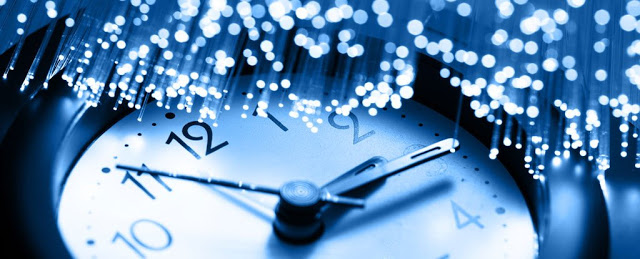

| Online: | |
| Visits: | |
| Stories: |
Consciousness occurs in ‘time slices’ lasting only milliseconds, study suggests
by Peter Dockrill
Science Alert
The question of how exactly we experience the world through our perception of consciousness is one that's long intrigued scientists and philosophers. And at its core are two divergent hypotheses.
On the one hand, it could be that consciousness exists as a constant, uninterrupted stream of perception, like how it feels to watch a movie. You sit down with your popcorn and experience a film from beginning to end in one continuous flow, unaware of any segmentation or breakup as you go.
But another hypothesis of consciousness reflects what a film technically is: a series of individual frames of time stitched together into a reel that – when played back – appear seamless. So which is it? Is consciousness a seamless film, or is it a reel composed of discrete moments?
According to a new study by Swiss psychophysicists, neither hypothesis is truly correct. Rather, they propose a new two-stage model for how we process information, which they say reconciles the 'continuous vs discrete' debate.
In their model, 'time slices' consisting of unconscious processing of stimuli last for up to 400 milliseconds (ms), and are immediately followed by the conscious perception of events.
Read more »
Every Day is Earth Day
Source: http://www.riseearth.com/2016/04/consciousness-occurs-in-time-slices.html




